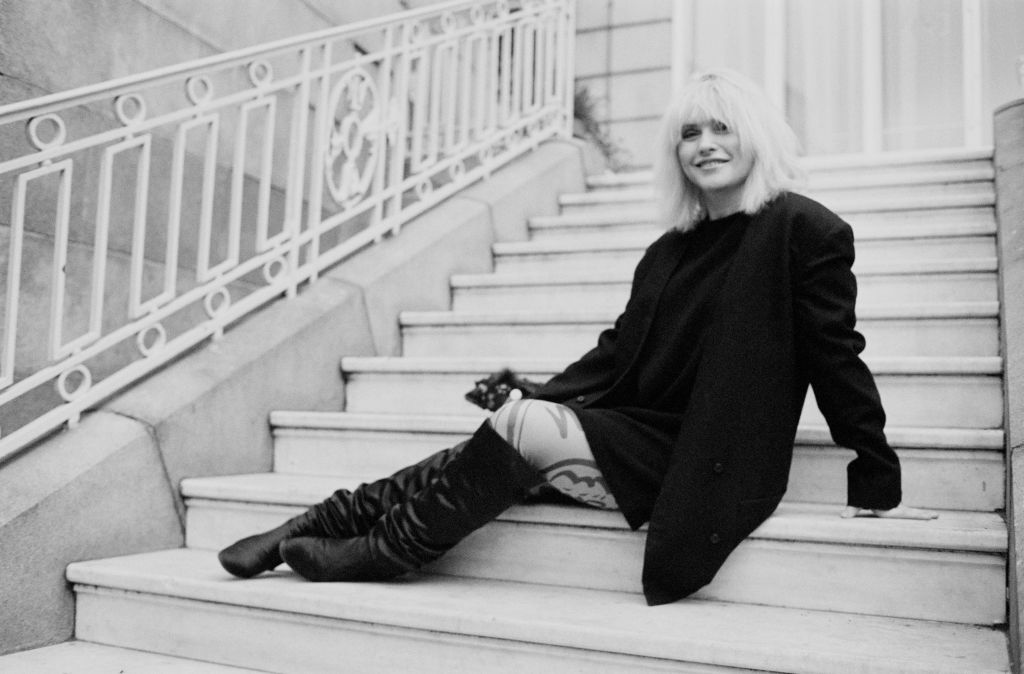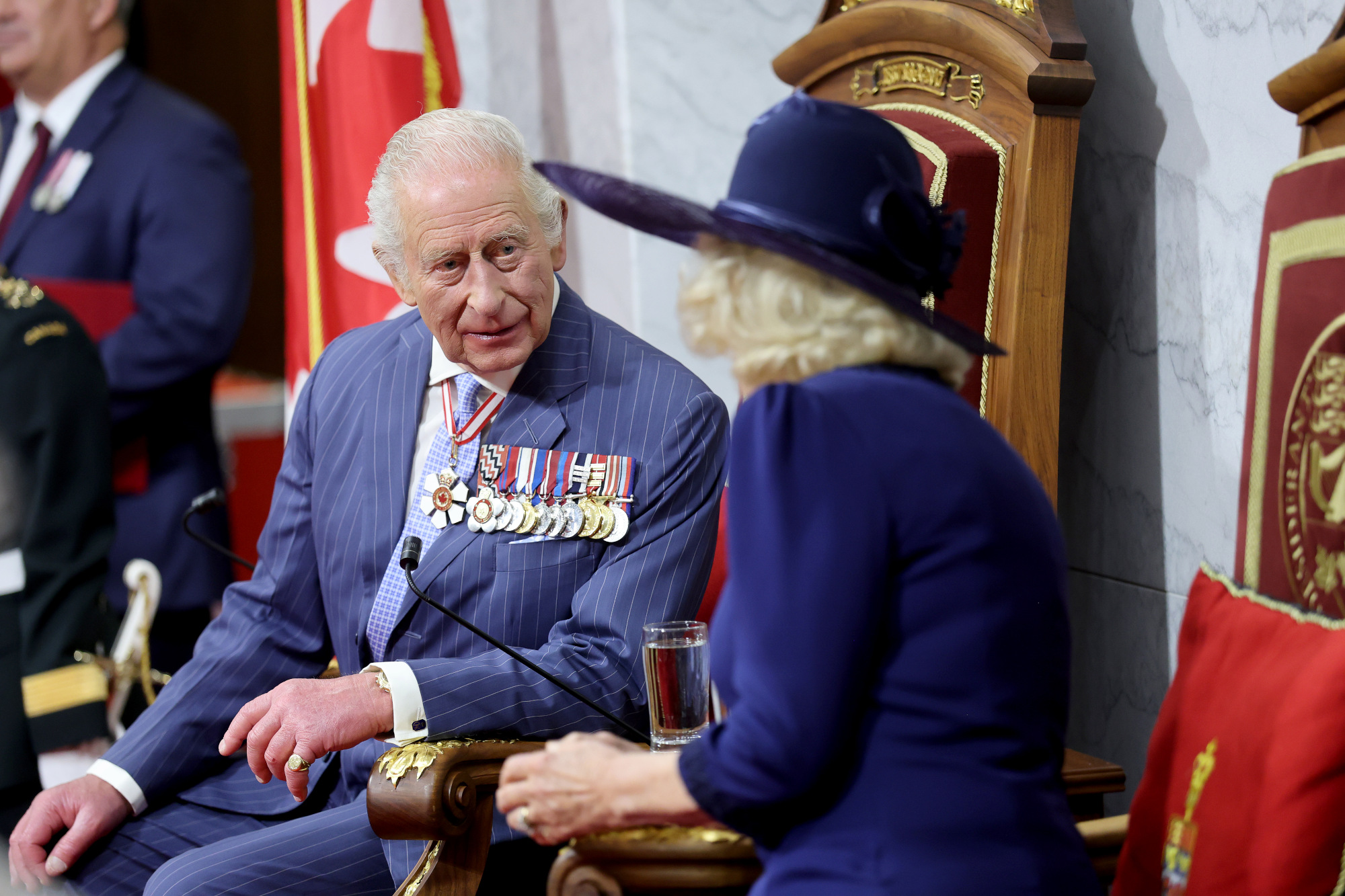This article is in The Spectator’s January 2020 US edition. Subscribe here.
In her recent autobiography, Blondie’s lead singer Debbie Harry relates, in her usual deadpan, punk-rock way, the strange and horrific things that have happened to her. She had a narrow escape from Ted Bundy; David Bowie showed her his penis (‘adorable’, apparently); and early in her pop career she was raped by an opportunistic burglar.
‘He poked around, searching for anything worth anything. He piled up the guitars and Chris’s camera and then he untied my hands and told me to take off my pants… I can’t say that I felt a lot of fear,’ writes Debbie. ‘In the end, the stolen guitars hurt me more than the rape. I mean, we had no equipment.’
Debbie’s sangfroid in the face of sexual assault is unusual, but what’s surprised me more is how extremely disapproving people have been about it: more disapproving of her reaction than of the crime itself. Her rape story is reasonably well known — she’s been doing the media rounds — but no one seems to admire her resilience. Most people I’ve spoken to about it seem to think that she must be either repressed or psychotic to deviate so completely from the received reaction to rape.
This has me worried. I think we’ll end up having to fight not just for freedom of speech, but for freedom of reaction too, which is almost more alarming. Our reactions are instinctive and individual. Without the freedom to shrug off offense, to laugh at the blackest jokes, to realize we’re roughly OK if it happens that we are, even after something as awful as rape, we’ll be less human.
I hope I’m imagining it. I don’t think I am. Look at Meghan Markle. In a television interview last October, she said that she had tried to tough out life as part of the British royal family, but ‘it’s not enough to just survive something, right? You’ve got to thrive.’ Catchy. Give that duchess a TED talk. But Meg’s point wasn’t just that she doesn’t care personally for the stiff-upper-lip approach — it was that it is actively dangerous for everyone. ‘I think that what that does internally is probably really damaging,’ she said, the unspoken assumption being that if, say, Kate Middleton or the Queen seem to cope, it’s merely because they’re in denial. For all her apparent calm, Queen Elizabeth II must be a mental-health time bomb, because to be stoic about the pressures of royal life is not an appropriate reaction.
I read that Meghan was said to be ‘struggling’ with Prince Andrew’s reaction to the questions about sex he was asked in relation to the late pervert Jeffrey Epstein. Were she married to Andrew, or paid to advise him, that might make sense. But what’s there for Meghan to wrestle with? What’s his reaction to do with her? To be triggered by the fact that a deluded twit had a deluded and twittish reaction is to have very odd expectations about people.
There’s a teacher called Holly Rigby who appears on British television sometimes. She wrote of the Andrew affair: ‘Every time we laugh at Prince Andrew and fail to center the victims, we make it even harder for women to overcome trauma.’ Here it is again — this idea that there’s a sanctioned list of reactions; that we shouldn’t laugh at something horrific or embarrassing. It’s such a sad misunderstanding of humanity.
Of course people laughed at Andrew’s interview — it was an eye-popping car crash and people laugh for all manner of reasons. They laugh with incredulity, to relieve tension and to distance themselves. Some of the most caring people in the grisliest of jobs laugh at the darkest things — it’s a way of coping and of gaining perspective. Doctors joke about death, psychiatric nurses joke about mental illness, Russians joke about the worst things you can imagine — secretly of course under Stalin, who really knew how to police reactions. There’s actual science to suggest that people who appreciate dark humor may have higher IQs and be less stressed and aggressive than people who turn up their noses at it. I’d be interested to know what Meghan and Holly make of that.
Perhaps it’s the internet that’s made us so uncomfortable when people react in a different way. We’ve all been effectively groomed by social media’s insatiable appetite for ‘likes’. I look back with incredulity on the days of my introduction to Instagram, when I assumed that the point was to react honestly to posted photos. ‘Stop pouting!’ and ‘Put some clothes on’ I’d write under selfies of my lovely niece Lexi. I know now there’s only one right way to respond to an Instagram selfie: ‘Yaass Queen! This is… everything!’
But there’s a dark side to conformity, as we all now know. The more we expect everybody to react the same way, the nastier we are to anyone who falls out of line. There’s a fascinating interview with a self-confessed internet troll in which he explains that though he actively ruined some poor soul’s life, ‘canceled’ him as they say, he felt at the time that he’d done no wrong. He wasn’t even aware, until he looked back on the affair, that he’d been the chief tormentor. My online friends cheered me on, he said, so I just felt I was doing the right thing. Go on, push Piggy off the cliff. Be a hero.
Back to Debbie. If her younger fans feel uncomfortable with her taking her rape in her stride, it might be because there’s a backlash against the celebration of resilience, especially of the sort extolled by the Facebook COO and billionaire Sheryl Sandberg.
I would suggest, though, that the right riposte to ‘everyone’s a survivor’ isn’t ‘everyone’s a victim’. Better and more truthful to simply say that people react differently to different things, and hooray for that. Let Debbie be. Celebrate difference. Once upon a time, I thought that was the point.
This article is in The Spectator’s January 2020 US edition. Subscribe here.


























